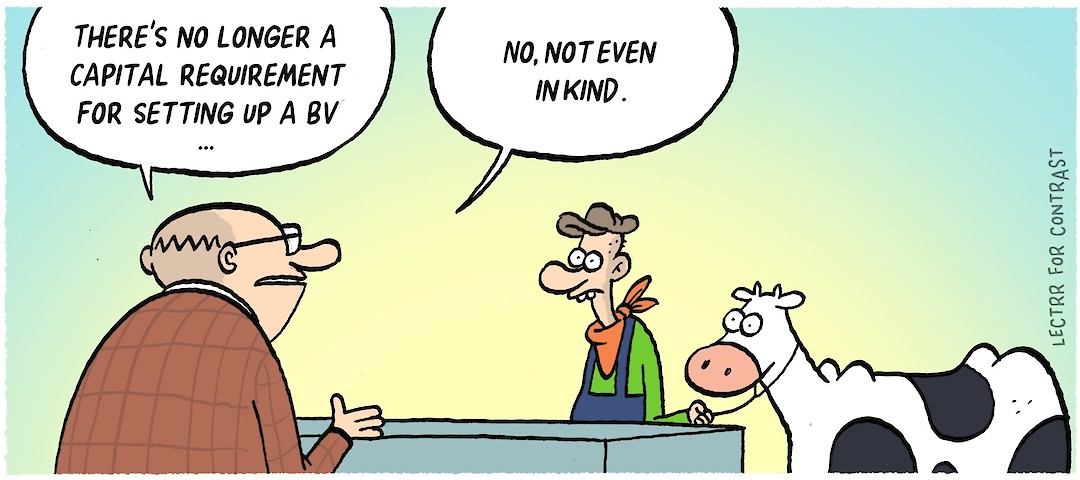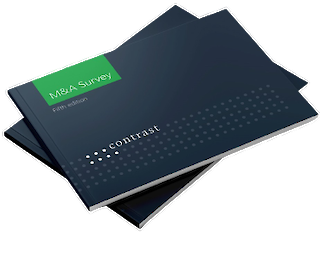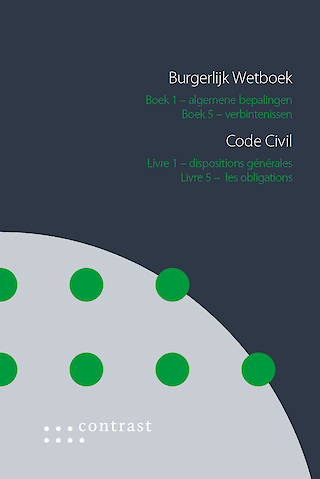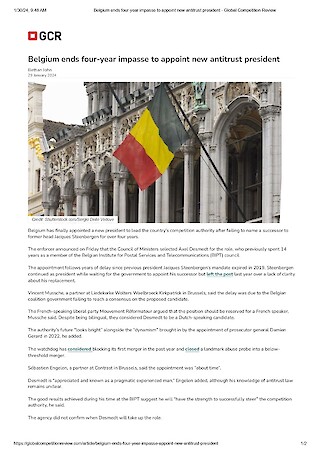In the Picture

Greater flexibility for Belgian companies and associations
April 2019Imagine…
You are the COO of a British manufacturer whose business is largely export-oriented. For many years now your company has worked together successfully with a Belgian independent distributor to distribute your products on the European continent. You fear that Brexit will have a negative impact on your business relationship and significantly increase the related costs. You would like to neutralise this risk by taking over the distributor. Your proposal is greeted with enthusiasm and results in the acquisition of all shares of the Belgian distributor.
Shortly after the acquisition, you learn that the Belgian company law is being thoroughly reformed. Your new Belgian employees tell you that the changes will be significant. For example, a number of company forms are apparently being abolished.
This raises many questions for you: How far do the changes go? Does your recently acquired Belgian company remain a usable vehicle? Do you have to take any steps to adapt this company to the new law?
A brief clarification.
On 28 February 2019, the Belgian Parliament adopted the new Companies and Associations Code, which enters into effect on 1 May 2019. A gradual transitional regime is provided for already-existing companies and associations.
As of 1 May 2019 existing companies can opt to become subject to the new law. All they have to do for this is to amend their articles of association, bringing the latter into line with the provisions of the new code.
Existing entities have until 1 January 2024 to adapt their articles of association to the new law. They must do so in any case if, for whatever reason, they were to modify their articles of association at some point after 1 January 2020.
In any event, as of 1 January 2020 the compulsory provisions of the new code, such as the rules for the protection of creditors, will apply automatically. Provisions in the articles of association that are incompatible with the new mandatory law will become null and void as of that moment.
A significant number of company forms will be disappearing. In principle, only 4 basic forms will remain: the partnership, the public limited-liability company (NV/SA), the private company (BV/SRL) and the cooperative company (CV/SC).
Company forms that are abolished can adapt themselves to the new law by undergoing a conversion at the latest by 1 January 2024. If they do not do so on their own initiative, then on 1 January 2024 they will be automatically converted into a legal form as prescribed by the new code.
The rules that will apply to the remaining company and association forms are substantially modified, simplified and flexibilised.
The new code regulates the organisation of the companies in a generally non-binding manner. This gives the shareholders a great deal of freedom to modulate their company for their own purposes.
For example, it becomes possible to set up and manage an NV/SA or a BV/SRL with just a single person. These companies can, without any limitation, issue all types of securities (such as shares, (convertible) bonds, subscription rights, profit-sharing certificates and certificates) as well as freely regulate their transferability. In these companies, voting and dividend rights can be allocated independently of the capital-representing value of the shares. Unlisted companies can introduce a multiple voting right without restriction. In listed companies this possibility is limited to the introduction of a so-called "loyalty voting right", whereby the articles of association can provide that holders of registered shares, who retain their shares without interruption for at least 2 years, can exercise a double voting right.
The code’s pièce de résistance is the new BV/SRL, which replaces the private limited-liability company (BVBA/SPRL). The BV/SRL still offers the protection of limited liability, but this is no longer accompanied by an obligatory minimum capital. Even simpler, the very concept of "capital" is abolished for the BV/SRL. The capital concept thus no longer defines the shareholders´ rights: how many shares one can acquire for what contributions and what rights are associated with them can all be freely arranged.
The possibilities for organising the management of the companies are also expanded. The classic board of directors continues to exist, but an NV/SA can alternatively opt for a single director or for a dual system, with separate management powers for the executive board and the supervisory board.
The directors’ liability is also thoroughly reformed. For example, in certain cases the directors’ liability can only rise to a maximum amount which depends on the size of the managed company.
The new code will have important consequences for every Belgian company and association. All enterprises with Belgian entities would therefore be wise to adapt their articles of association as quickly as possible to the new law. This does not mean that unadapted companies and associations will suddenly no longer be usable or valid. However, they must comply with the compulsory provisions of the new code and they must in any case adapt their articles of association to the new code by 1 January 2024 at the latest.
Concretely:
- Existing companies and associations can be adapted to the new code as of 1 May 2019 by amending their articles of association. Any amendment of the articles of association that takes place for whatever reason after 1 January 2020 must include full adaptation of the articles to the new code.
- All companies and associations must have been adapted to the new code by 1 January 2024 at the latest, via an ordinary amendment of the articles of association or a conversion, as the case may be. As of 1 January 2020, every company and association must comply with the compulsory provisions of the new code.
Want to know more?
- The legislative text of the Companies and Associations Code can be found at http://www.dekamer.be/FLWB/PDF/54/3119/54K3119022.pdf.
- The accompanying brochure from the FPS Finance is available via this link.
- For additional information, we also refer to our earlier publications: 'Help, I'm a director! New rules coming for directors´ and officers´ liability' and 'Home is (not) where my seat is'.











